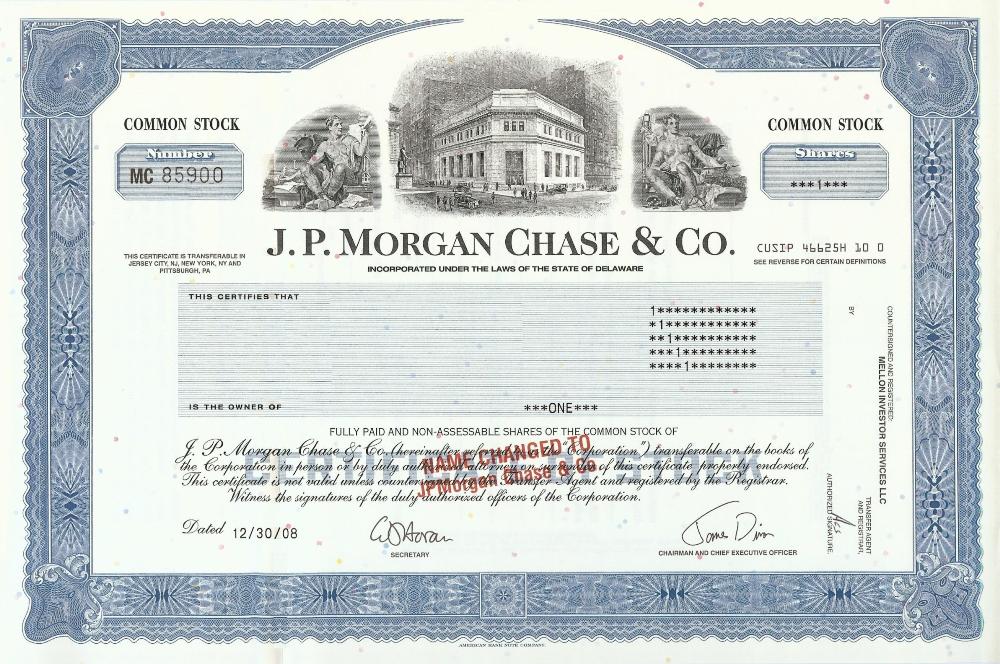Business law educators are familiar with the AACSB guidlines for undergraduate education and have lauded their recognition of the need for business education on legal and regulatory topics. But one subject among those AACSB topic guidelines is all too often overlooked:
General Business and
Management Knowledge Areas
·
Economic, political, regulatory, legal, technological, and social contexts of
organizations in a global society
·
Social responsibility, including sustainability, and ethical behavior and
approaches to management …
(emphasis added).
In very few business schools do we offer course work exposure to the political context of organizations in society. It would seem that some discussion of the political law-making process in our Legal Environment courses is not only justified but necessary.
Which brings up the topic of the recently released publication, "The Confessions of Congressman X." This 65 page pamphlet purports to be the candid inside disclosures of a longtime Congressman. As reported in the New York Post, the pamphlet contains revelations such as:
“Business organizations and unions fork over more than $3 billion a year to those who lobby the federal government. Does that tell you something? We’re operating a f–king casino.”
and:
“I contradict myself all the time, but few people notice. One minute I rail against excessive spending and ballooning debt. The next minute I’m demanding more spending on education, health care, unemployment benefits, conservation projects, yadda, yadda, yadda.”
“The average man on the street actually thinks he influences how I vote. Unless it’s a hot-button issue, his thoughts are generally meaningless. I’ll politely listen, but I follow the money.”
The way that big business money affects public policy as expressed in law is as relevant to a Legal Environment class as a discussion of stare decisis. Just because sausage such as this is sure to give one indigestion, doesn't mean our students shouldn't know about it.








